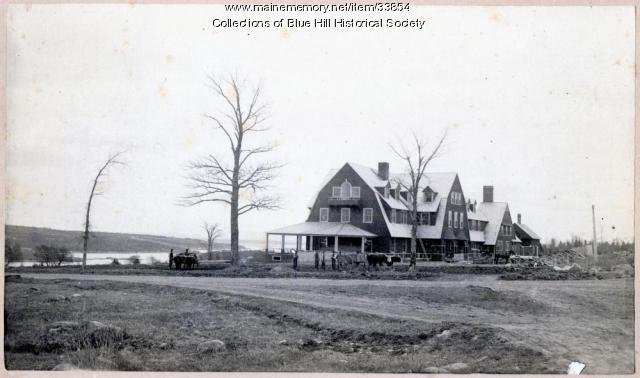Keywords: Seth Thomas
Item 37516
Contributed by: Lubec Historical Society Date: circa 1930 Location: Lubec Media: Metal, glass
Item 8196
Woods Crew and Horses at Camp, 1889
Contributed by: Patten Lumbermen's Museum Date: 1889 Media: Photographic print
Exhibit
Cultures from the ancient Greeks and Chinese to contemporary societies have set aside time to give thanks, especially for the harvest. In 1941, the United States set a permanent date for the observance.
Exhibit
Henry Wadsworth Longfellow's popularity in the 19th century is reflected by the number of images of him -- in a variety of media -- that were produced and reproduced, some to go with published works of his, but many to be sold to the public on cards and postcards.
Site Page
John Martin: Expert Observer - Intro: pages 139-194
"Starbird Temperance Seth Merrill Tavern & Hall Thomas Greenhalgh Carltons Corner Steamer Telegraph Charles Starbird Caroline Starbird Cate Sewall…"
Site Page
Blue Hill, Maine - Discover the Story of Blue Hill - Page 3 of 4
"The local yacht club began in 1920 with Dr. Seth Milliken’s purchase of two Brutal Beasts for his children and their cousins."









